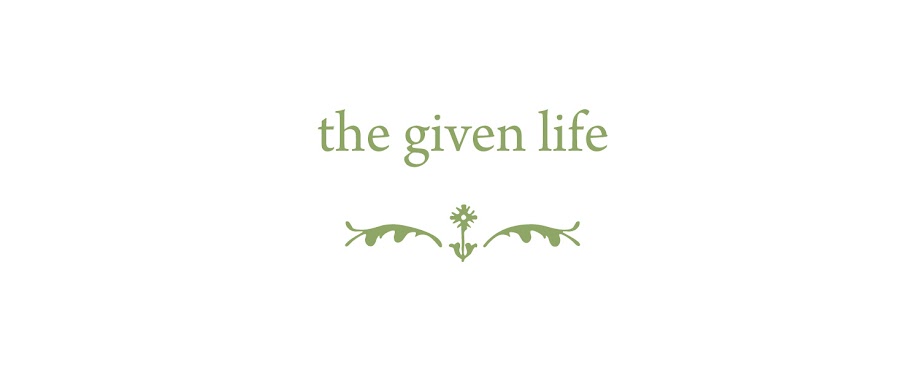Dear Mrs. Rosenkranz,
Thank you for sharing your thoughts with me; permit me to attempt at least an abbreviated reply.
Church-historically speaking, this is the issue that separates the Eastern and Western churches. Within Eastern Orthodoxy, all of life is sacred, everything is sacramental. The Western churches believe that only some realities are sacraments (though Protestants and Catholics differ on the number). A colleague of mine here is Orthodox, and we've discussed the matter many times. Here's what I've learned from him and while I yet do not agree with him.
He is right to teach us that God discloses Himself in all the works of His hands, just as Rembrandt discloses Rembrandt in each painting. So in this sense, it really is true that every aspect of creation is and can be (and should be?) revelatory. The "natural" realm, as we call it, is the realm in which the "supernatural" God makes Himself known. Perhaps the well-known hymn "This Is my Father's World" makes this claim.
At the same time, the distinction between the sacred and the mundane is important. After Genesis 3, we have been banished from the presence of God, whom to know is life eternal. His presence is still a source of great blessedness, but he deliberately and judicially banned us from His presence; and since then has only invested that presence in special places (e.g. tabernacle) or events (e.g. the Lord's Supper). So, once we get beyond the semantic issue of how best to say this, there is still an important truth in saying that God has pledged His presence in the Supper in a way that He has not pledged it when I'm hiking in the woods.
While due humility should probably induce us all, therefore, not to be too insistent on any particular way of articulating the matter (e.g. sacred/secular, sacred/mundane, two kingdoms, etc.), I think we must acknowledge both truths: that God discloses Himself in all created things, but pledges His presence-to-bless (or curse) in only a small number of created things or events. I myself would be content if we could all agree on these two points, even as we do our best to consider how best to put the matter.
That God would bless and keep you and yours, is the prayer of your servant,
Dr. T. David GordonThank you for sharing your thoughts with me; permit me to attempt at least an abbreviated reply.
Church-historically speaking, this is the issue that separates the Eastern and Western churches. Within Eastern Orthodoxy, all of life is sacred, everything is sacramental. The Western churches believe that only some realities are sacraments (though Protestants and Catholics differ on the number). A colleague of mine here is Orthodox, and we've discussed the matter many times. Here's what I've learned from him and while I yet do not agree with him.
He is right to teach us that God discloses Himself in all the works of His hands, just as Rembrandt discloses Rembrandt in each painting. So in this sense, it really is true that every aspect of creation is and can be (and should be?) revelatory. The "natural" realm, as we call it, is the realm in which the "supernatural" God makes Himself known. Perhaps the well-known hymn "This Is my Father's World" makes this claim.
At the same time, the distinction between the sacred and the mundane is important. After Genesis 3, we have been banished from the presence of God, whom to know is life eternal. His presence is still a source of great blessedness, but he deliberately and judicially banned us from His presence; and since then has only invested that presence in special places (e.g. tabernacle) or events (e.g. the Lord's Supper). So, once we get beyond the semantic issue of how best to say this, there is still an important truth in saying that God has pledged His presence in the Supper in a way that He has not pledged it when I'm hiking in the woods.
While due humility should probably induce us all, therefore, not to be too insistent on any particular way of articulating the matter (e.g. sacred/secular, sacred/mundane, two kingdoms, etc.), I think we must acknowledge both truths: that God discloses Himself in all created things, but pledges His presence-to-bless (or curse) in only a small number of created things or events. I myself would be content if we could all agree on these two points, even as we do our best to consider how best to put the matter.
That God would bless and keep you and yours, is the prayer of your servant,
Professor of Religion and Greek
Grove City College
www.tdgordon.net
. . . . .
Dr. Gordon is a Professor of Religion and Greek at Grove City College, author of several books and many articles, including "Vocation: Work Quietly with Your Hands" in Modern Reformation magazine, Vol. 20.

